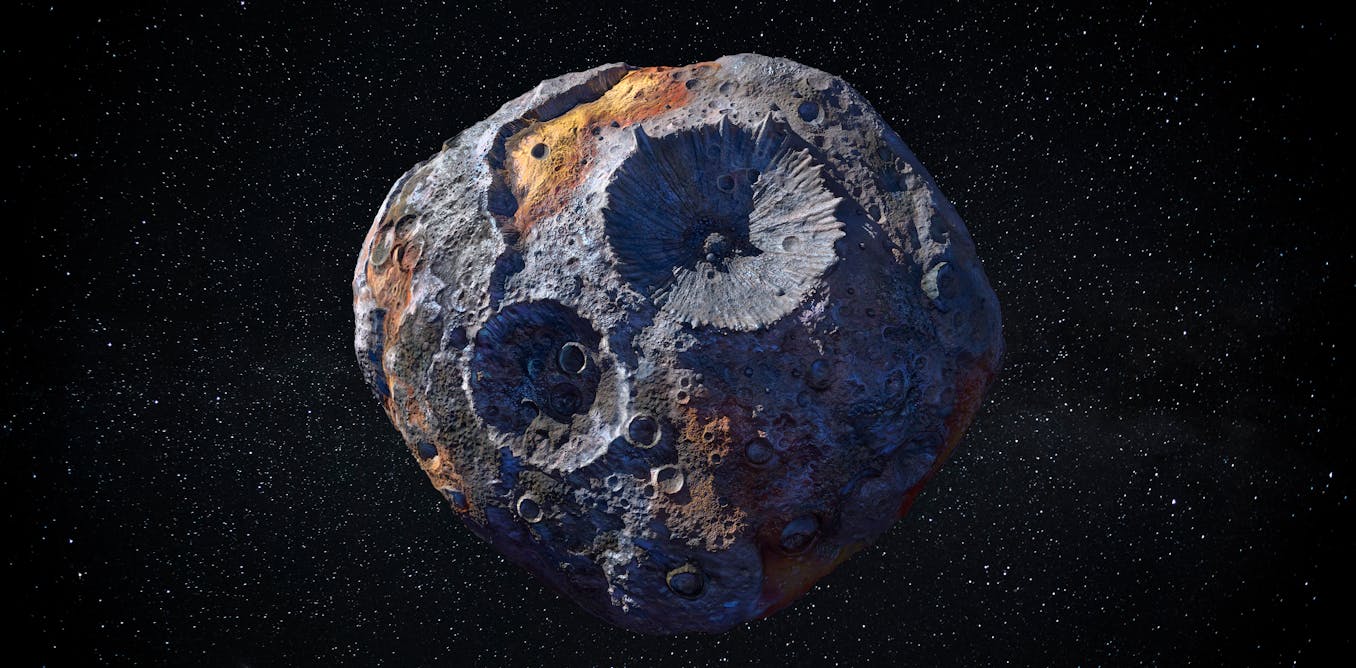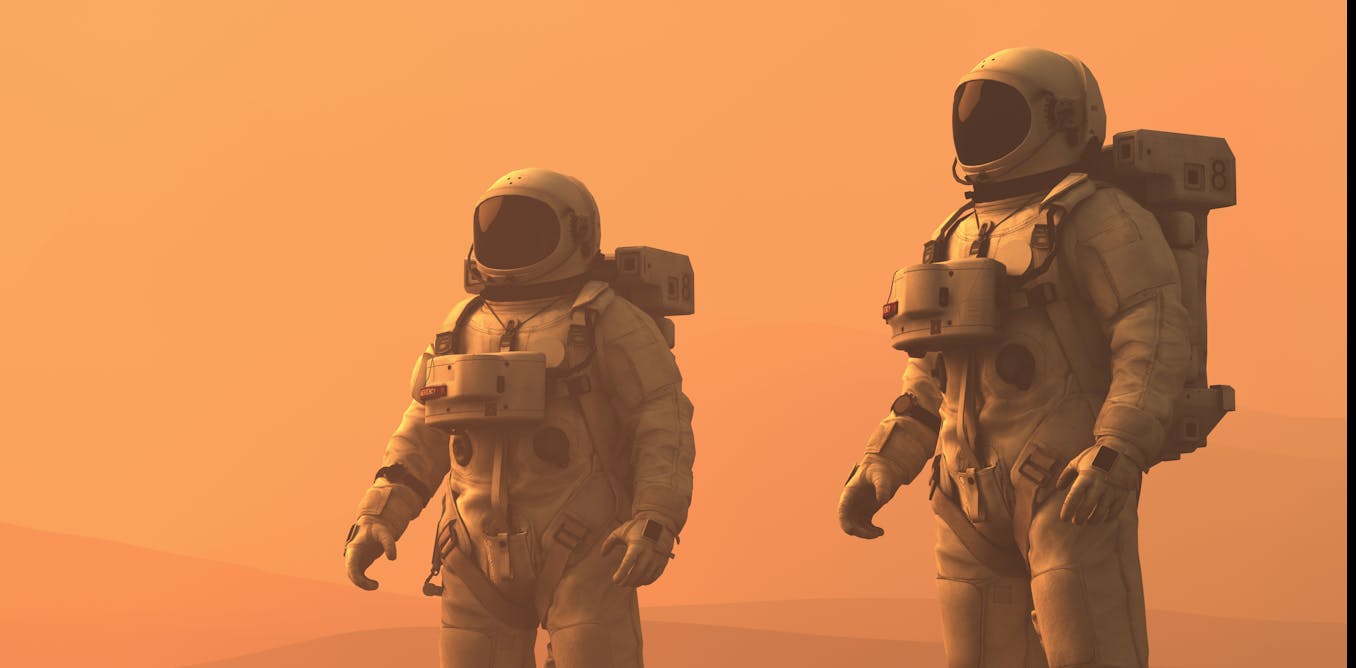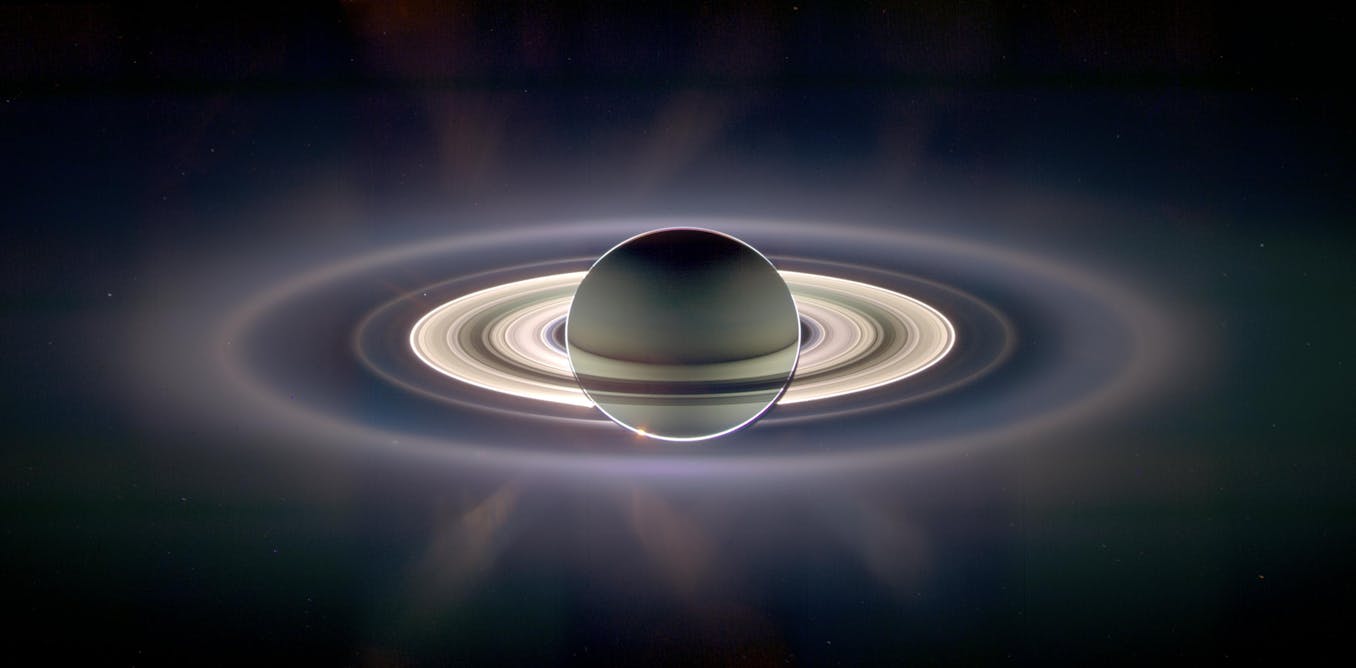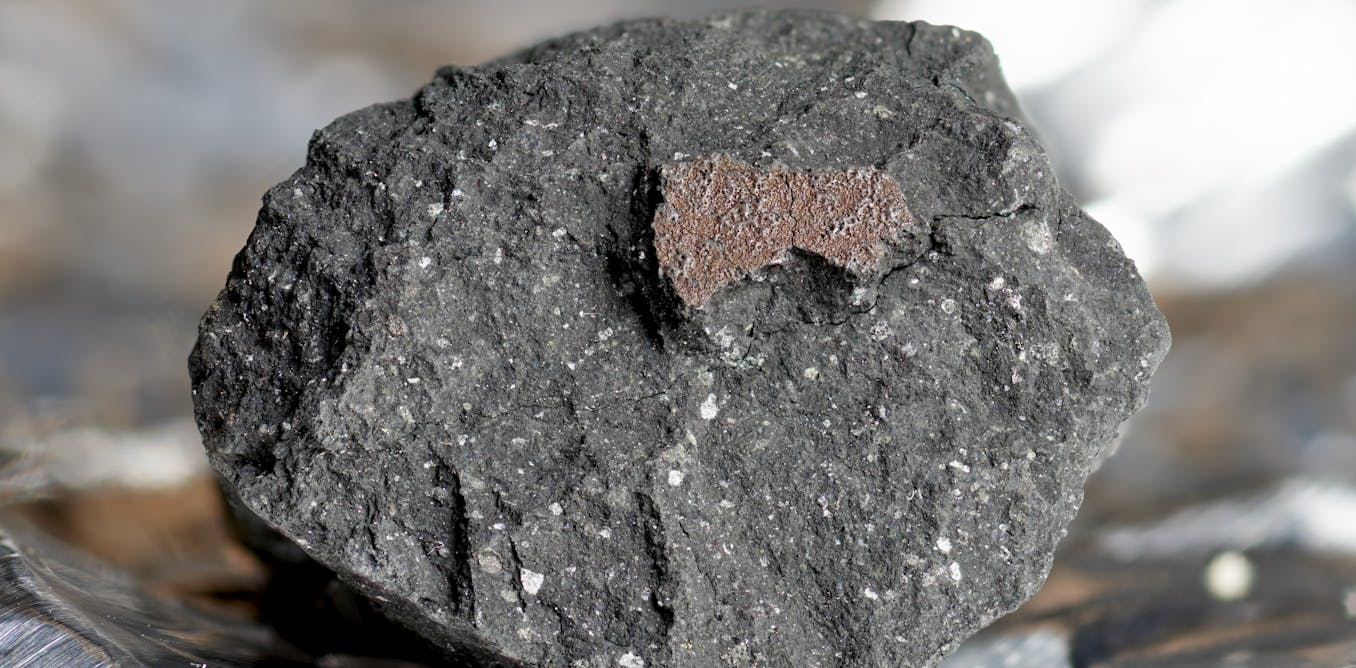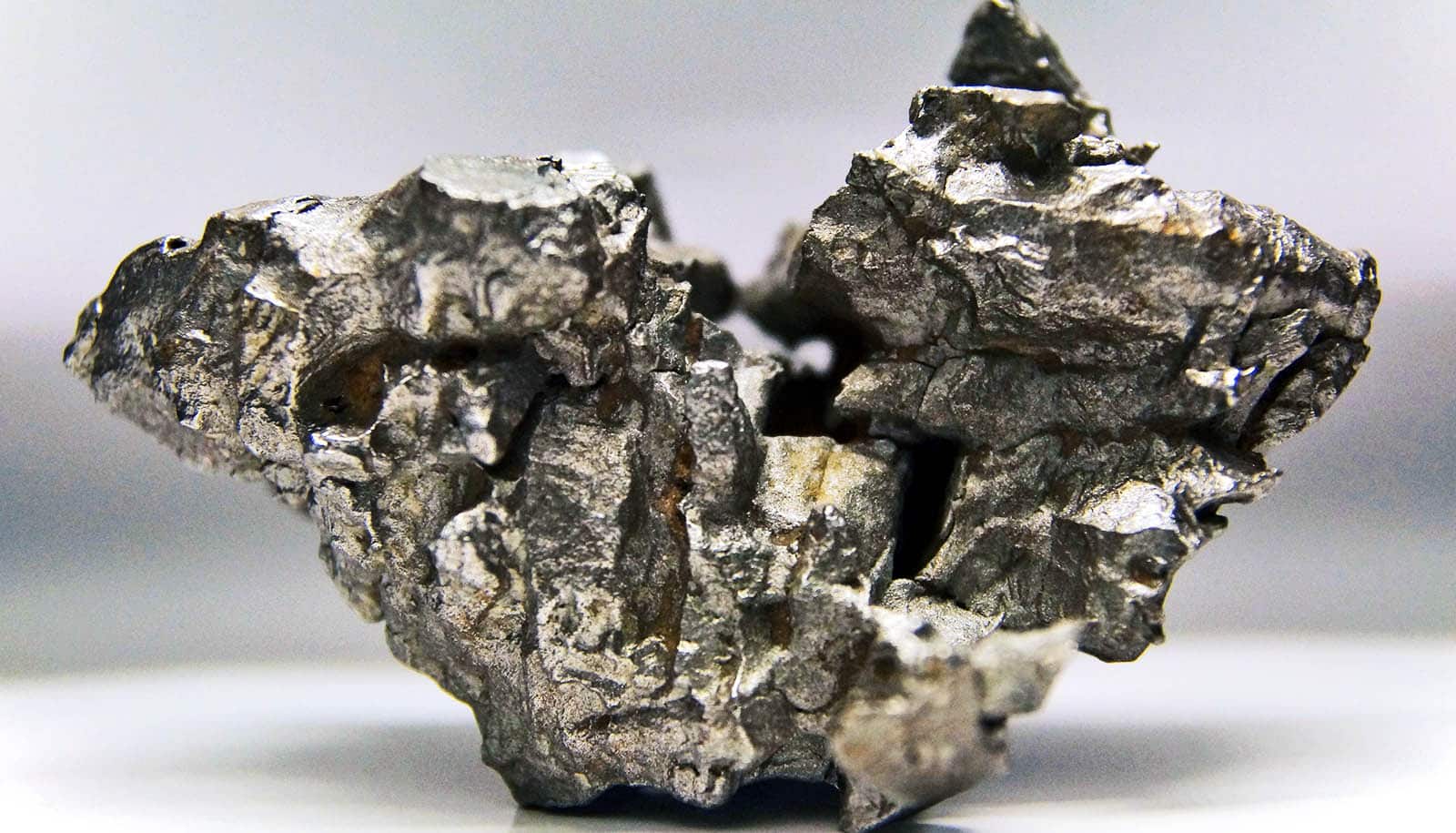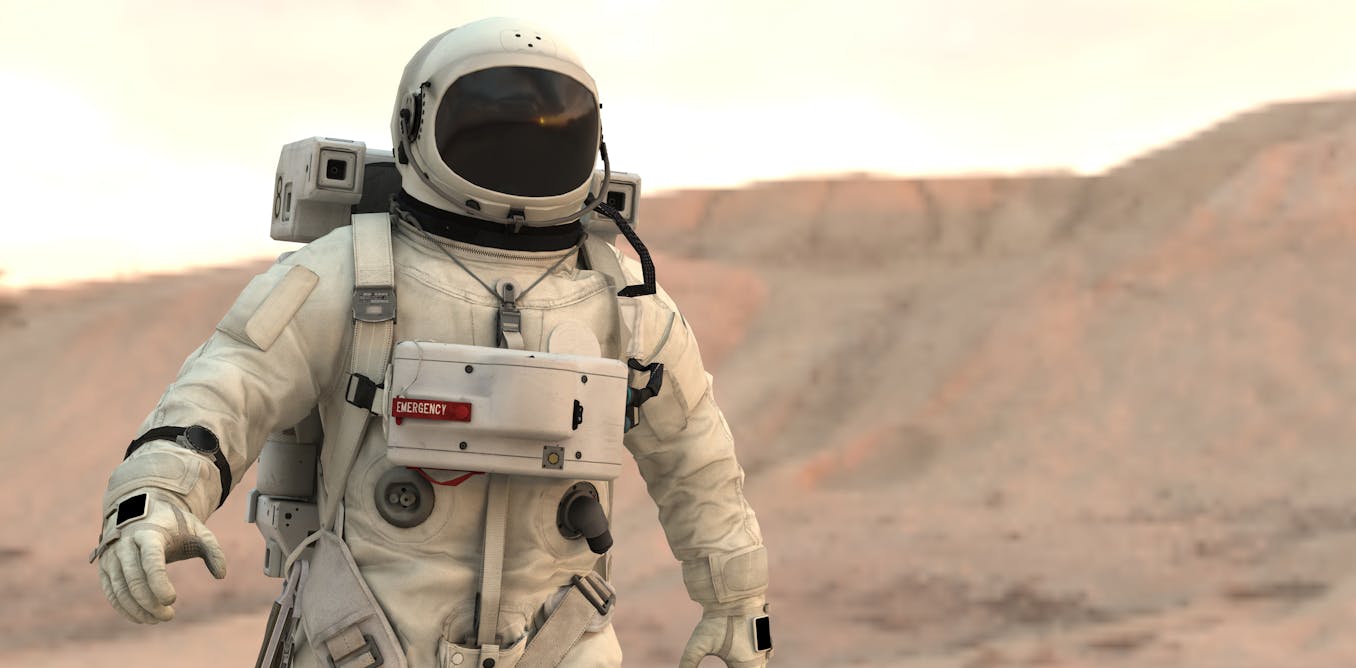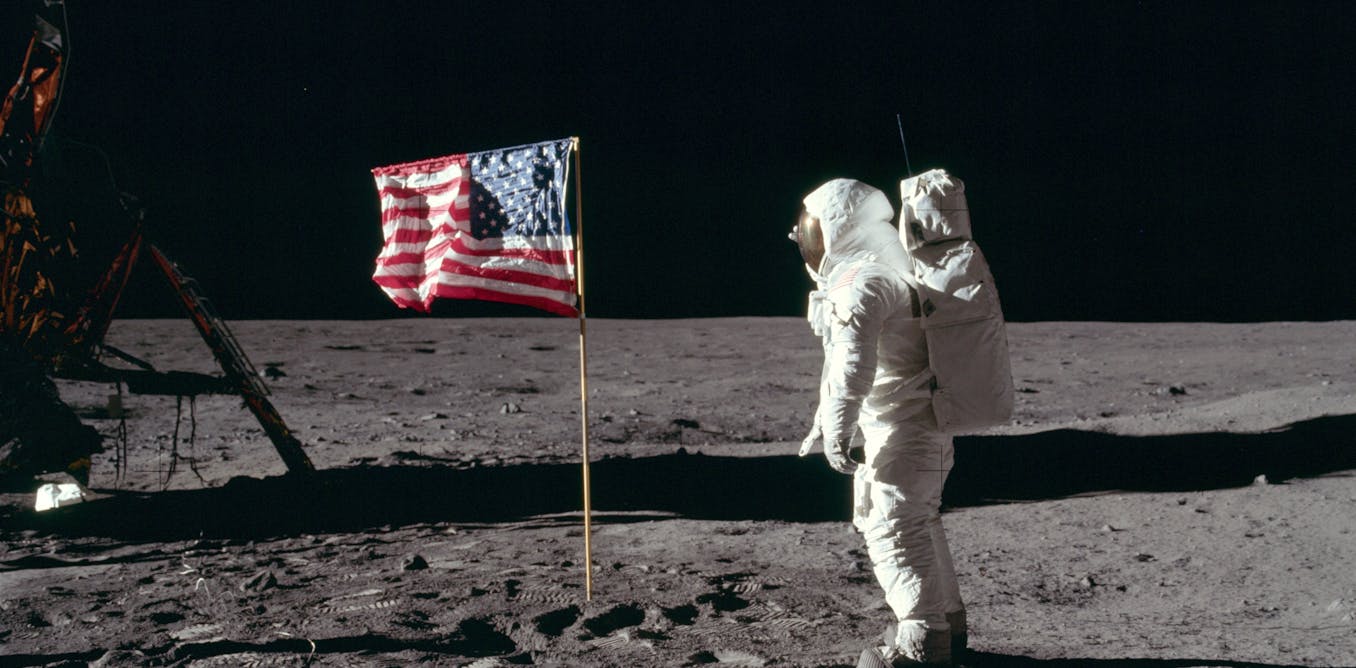Astronomers have learned lots about the universe − but how do they study astronomical objects too distant to visit?
Controlled experiments are impossible in astronomy, as are direct measurements of physical properties of objects outside our solar system. So how do astronomers know so much about them?
Oct. 12, 2023 • ~7 min


